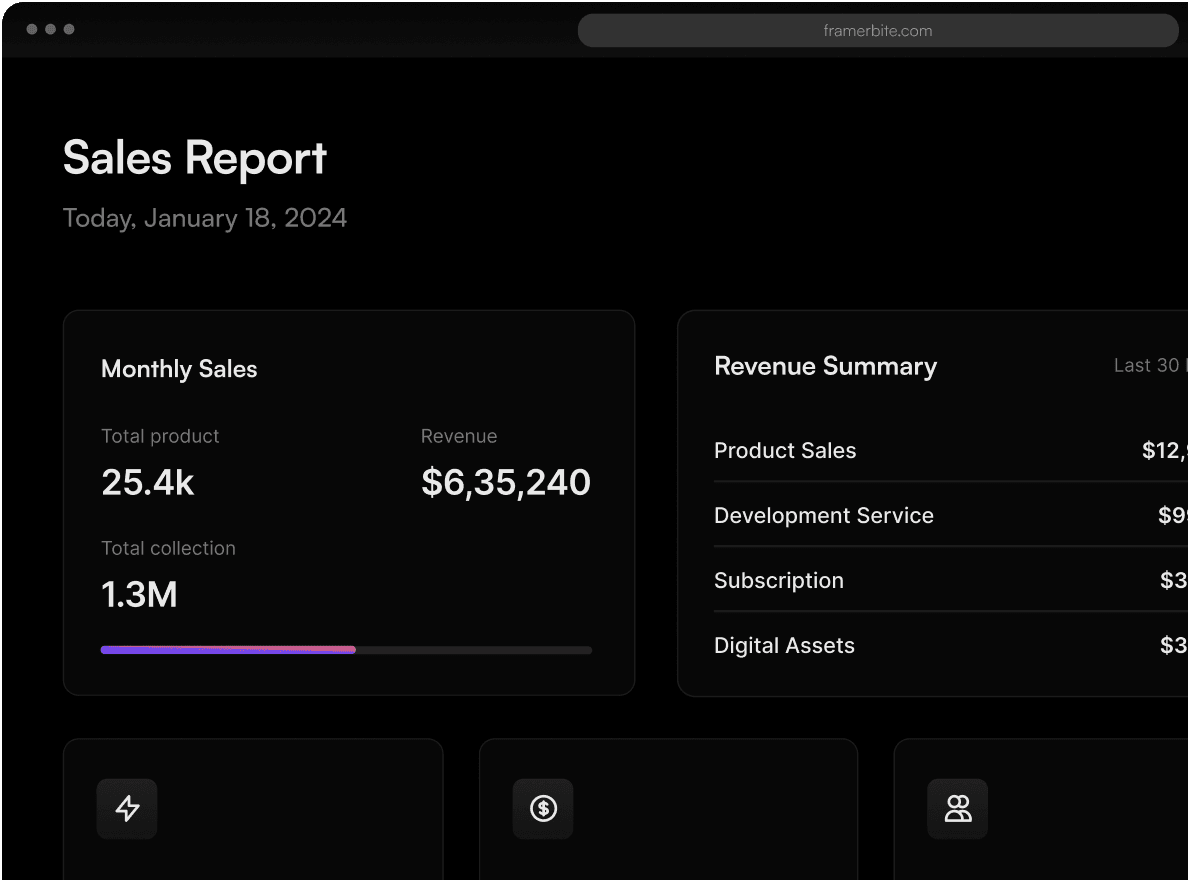17 November 2024
How to Turn Marketing Data Into Actionable Business Insights
In the world of marketing, data is everywhere. From website analytics to campaign performance metrics, marketers have access to more information than ever before. But having data isn’t enough—what truly matters is your ability to turn that data into actionable business insights. In this blog, we’ll explore how to bridge the gap between raw data and informed decisions, providing strategies and tools to make 2025 your most data-driven year yet.
Why Actionable Insights Are Critical for Marketers
1. Data Overload Leads to Inaction
Marketers often struggle with the sheer volume of data available. Without a clear process for analysis, it’s easy to become overwhelmed and make decisions based on incomplete information.
2. Insights Drive Better Decisions
Actionable insights provide the “why” behind the numbers, enabling marketers to:
Optimize campaigns for higher ROI.
Allocate budgets more effectively.
Understand customer behavior and trends.
3. They Enhance Collaboration
Clear insights allow marketing teams to align strategies with broader business objectives, improving collaboration across departments.
Steps to Turn Data Into Actionable Insights
Step 1: Define Clear Objectives
Before diving into data, identify what you want to achieve. For example:
Are you trying to increase conversions?
Do you want to understand customer retention?
Are you optimizing ad spend?
Start with a clear question, and your data will provide the answers.
Step 2: Centralize Your Data Sources
Marketing data often comes from multiple platforms: Google Ads, Meta Ads, CRM systems, and more. Consolidating this data into one dashboard makes it easier to analyze and draw insights.
Tools to Help:
Octify: Centralizes data and provides real-time metrics.
Looker Studio: Ideal for visualizing consolidated data.
Step 3: Focus on Actionable Metrics
Not all metrics are created equal. Focus on metrics that directly impact your goals, such as:
Customer Acquisition Cost (CAC): Helps you evaluate the cost of acquiring new customers.
Lifetime Value (LTV): Measures the long-term profitability of a customer.
Conversion Rates: Tracks how effectively campaigns are driving desired actions.
Step 4: Segment Your Data
Segmentation provides deeper insights into customer behavior. For example:
Analyze data by demographics, such as age or location.
Break down performance by channel, campaign, or ad set.
Step 5: Visualize Data for Clarity
Data visualization tools like Power BI and Looker Studio turn complex datasets into easy-to-understand visuals. Charts, graphs, and dashboards make it easier to spot trends and communicate findings to stakeholders.
Step 6: Implement Predictive Analytics
Predictive analytics uses historical data to forecast future trends. By identifying patterns, marketers can anticipate customer behavior and allocate resources more effectively.
Common Mistakes Marketers Make When Analyzing Data
1. Chasing Vanity Metrics
Metrics like impressions and clicks may look impressive but often lack real business impact. Focus instead on metrics tied to profitability and growth.
2. Ignoring the Bigger Picture
Marketers sometimes optimize individual campaigns at the expense of overall strategy. Always align data analysis with broader business objectives.
3. Relying on Gut Feelings
While intuition has its place, data should be the foundation of your decision-making process. Always back up decisions with evidence.
Real-World Example: Data-Driven Success Story
A marketing agency faced declining performance on a high-budget campaign. By centralizing data across ad platforms, they discovered:
Facebook Ads were driving the most conversions but had a high CAC.
Google Ads had a lower CAC but required budget reallocation.
By focusing on actionable insights, the agency reduced CAC by 15% and increased overall ROI by 25% in three months.
Tools to Turn Data Into Insights
1. Octify
Octify is designed to help marketers centralize data, track key metrics, and generate actionable insights in real-time.
Key Features: Data integration, predictive analytics, and customizable dashboards.
Best For: Agencies and technical marketers needing a comprehensive analytics solution.
2. Tableau
Tableau provides advanced visualization tools for analyzing complex datasets and identifying trends.
Key Features: Interactive dashboards, AI-driven insights, and real-time analytics.
3. Google Analytics 4 (GA4)
GA4 tracks user behavior across websites and apps, providing valuable insights into customer journeys.
Key Features: Event-based tracking, cross-platform reporting, and retention analysis.
How to Build a Culture of Data-Driven Decision Making
1. Empower Your Team
Provide team members with the tools and training they need to analyze data effectively.
2. Share Insights Across Teams
Encourage cross-departmental collaboration by sharing key insights with sales, product, and customer success teams.
3. Continuously Optimize
Treat data analysis as an ongoing process. Regularly review metrics and adjust strategies based on new insights.
Make Smarter Decisions with Octify
Turning data into actionable insights doesn’t have to be complicated. With tools like Octify, you can centralize your data, focus on what matters, and make smarter decisions that drive real business results.
Ready to transform your marketing strategy? Sign up with Octify today and discover how we simplify analytics for marketing teams.



